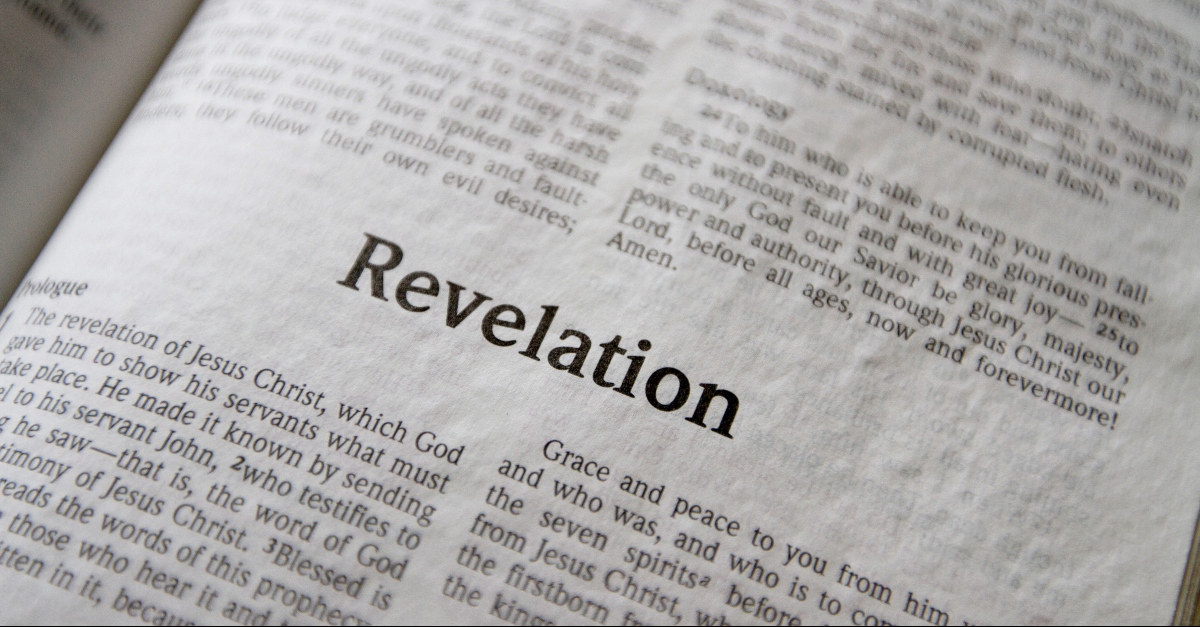Is a 'Death Angel' Biblical and How Does it Relate to End Times?

We may have heard of the angel of death, but what about a “death angel?" Is there a difference between the two? If so, does the latter somehow show up in Revelation?
For those familiar with the angel of death, we see this character appear in Exodus. Because the Egyptians refused to set free the Israelite slaves, God sent a number of plagues upon them, the worst of which involves the Angel of Death killing the firstborn of anyone who does not have the blood of a lamb on their doorposts.
Or at least, that’s what Dreamworks would have us believe (not to discount the rest of that stunning movie). Scripture actually calls the Angel of Death the “Lord” in Exodus 12.
In this article, we’ll clarify what the concept of the angel of death is, we’ll explain if the angel of death is biblical and if so, how it differs from what we find in Exodus 12.
Where Does the Term 'Death Angel' Come from?
As we discussed in the previous section, the “death angel” we later encounter in Scripture doesn’t seem to be the same character we find in Exodus 12.
“The angel of the Lord, when destroying the first-born of the Egyptians, would pass over the houses marked by the blood of the lamb,” according to the Matthew Henry commentary. We see this term “angel of the Lord” frequently in the Old Testament, and in some translations of Exodus 12, it just says “the Lord.”
The angel of the Lord is one of the grandest mysteries of the Old Testament. Some may wonder if it's a powerful angel, or Christ himself. No matter what the case, in this instance in the Exodus 12 passage, the language makes it clear that the LORD is striking down the firstborn of anyone who does not have the blood of the lamb on their doorpost.
Specifically, the phrase used is Jehovah.
So where do we get this concept of a death angel?
This article offers some insight into angels and their limited abilities to kill people, based on commands from God. For instance, in 2 Kings 19:35, an angel of the Lord smites 185,000 Assyrians, per God’s command.
So is there one angel specifically appointed to kill others? And what happens to this angel when God destroys death in Revelation 20? Will it cease to have purpose?
As explained in the Christianity.com article, Angel of Death or Death Angel is a misnomer. We do see both angels and demons being allowed limited abilities to cause death or destruction at God’s command, but they do not have an ultimate power to cause massive havoc without receiving a command from God.
This might bring up the question: what about passages like Revelation 9:15 that seem to indicate specific angels have a purpose to kill one-third of mankind. What about those? Wouldn’t those be considered angels of death?
Let’s dive into select passages where angels cause death and their limits to doing so.

Where Is the Death Angel in Scripture?
The Revelation 9:15 passage seems jarring. After all, we know angels to be protectors of God’s people, so why would they kill one-third of mankind?
Some commentaries have suggested these “angels” actually represent groups of people, such as the Turks, who were able to wreak havoc and death upon the earth. Throughout history, God will sometimes use a foreign nation who is not his chosen people (i.e. Babylonians, Assyrians, etc.) to be able to pillage and destroy for a limited amount of time.
This commentary also seems to be in agreement with the Turks interpretation of these verses. But perhaps the “angels” also represent a morally corrupt generation that seems to infiltrate the church.
Other commentaries suggest that these are fallen angels, as they are bound and not let loose until the time of the woe in Revelation 9.
In either case, we don’t appear to have a single angel of death or single group of angels of death. These demons (or Turks) have been given a limited amount of power and time to cause destruction.
Even if these specific angels don’t refer to literal fallen angels, we do have examples of demons or horsemen to whom God commissions for a limited time to bring about judgment and chaos.

What Can Demons Do to Humans?
This of course brings up the question, “Well, if God can allow for fallen angels to cause death or famine or destruction, what can they do to me?”
First of all, we need to make a strong point here that if you, the reader, have a saving faith, you cannot be possessed by an evil spirit (Matthew 12:43, 1 John 4:4, 2 Corinthians 6:15).
With that in mind, let’s break down what demons can do to unbelievers, and then to believers.
To Unbelievers
As we witnessed throughout the Gospels, demons do have the ability to possess those who do not belong to Christ. Demons can affect the person they inhabit in a number of ways. They can render them mute (Matthew 9:32), they can cause the person to harm themselves (Mark 9:22), and they can speak through them (Mark 5:9).
Even unbelievers who aren’t possessed can be influenced by evil spirits. They can influence rulers of this world. Michael, the archangel, fights with the Prince of Persia (a demon influencing the ruler of Persia) in Daniel 10.
And of course, demons can allow for humans to do limited wonders of an unnatural and wicked nature, such as witchcraft, divination, and the like.
We should note that Christians ought not be afraid of the demons and their influence on humanity. Although it is sobering and scary to witness (speaking from personal experience as someone who has been with another person who was possessed on three separate occasions) we have the power of Christ within us.
God has far more power than Satan and his armies. And in the end, we know who is the ultimate victor for the battle for mankind and the world.
To Believers
As discussed above, demons have extremely limited power when it comes to believers. They may tempt believers to fall into sin, but even then, they must have permission (Luke 22:31).
It is important, however, that believers not allow the devil to have a foothold (Ephesians 4:27). If we fall into temptation or practice things laced in evil, no matter how innocuous, we allow evil spirits to have more influence over our lives. For times like these, we must repent and turn back to God.
How Does the Death Angel Affect the End Times?
Because there is no one death angel, we can know that God will allow for either peoples (the Turks) or fallen angels to exercise limited power. As we see in the cases of Revelation 9 and the four horsemen, they will have the ability to cause famine, death, or division, but they cannot destroy everything.
After all, the subjects of Revelation 9 can only wipe out one-third of humanity, not the entirety of it.
We can know that as we approach the last days, if we have not entered them already, that we will witness a great deal of death and judgment. But we also know that such are signs that the Lord is coming soon.
Photo Credit: ©Getty Images/sqback
Hope Bolinger is an acquisitions editor at End Game Press, book editor for hire, and the author of almost 30 books. More than 1500 of her works have been featured in various publications. Check out her books at hopebolinger.com for clean books in most genres, great for adults and kids. Check out her editing profile at Reedsy.com to find out about hiring her for your next book project.
This article is part of our larger End Times Resource Library. Learn more about the rapture, the anti-christ, bible prophecy and the tribulation with articles that explain Biblical truths. You do not need to fear or worry about the future!
Battle of Armageddon
Tribulation
Signs of the End Times
The Four Horsemen of the Apocalypse
The Seventh Seal Opened
What Is the Death Angel?
Originally published October 05, 2020.





